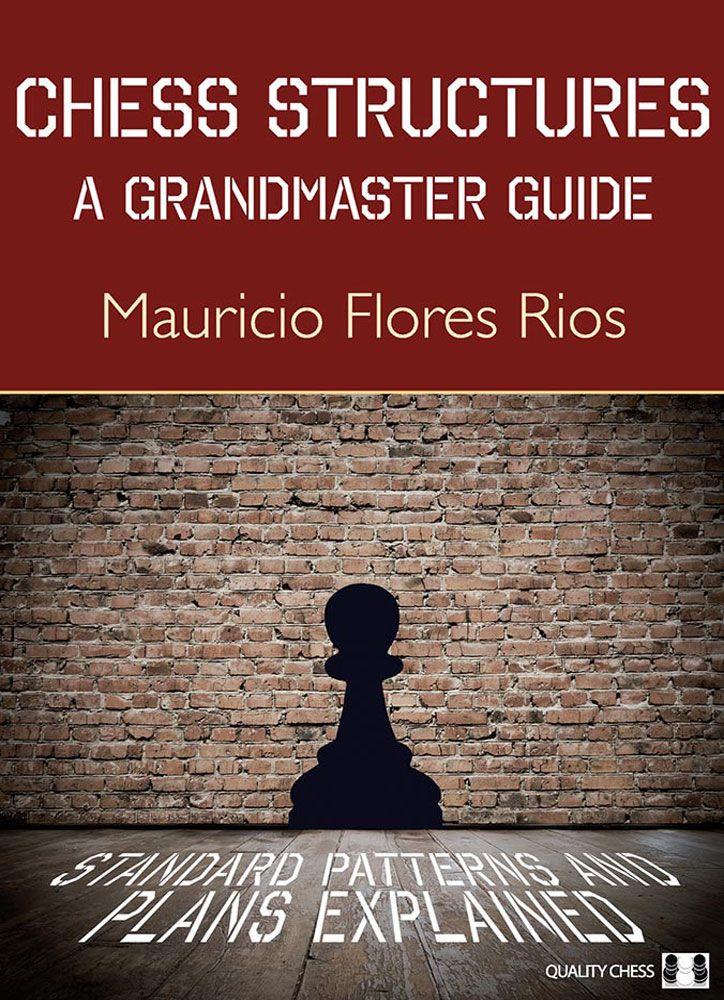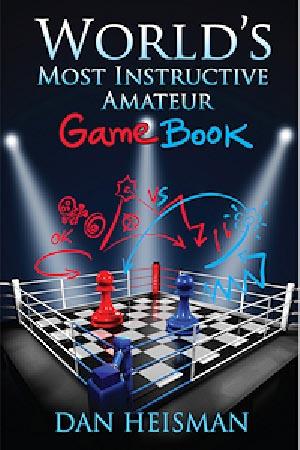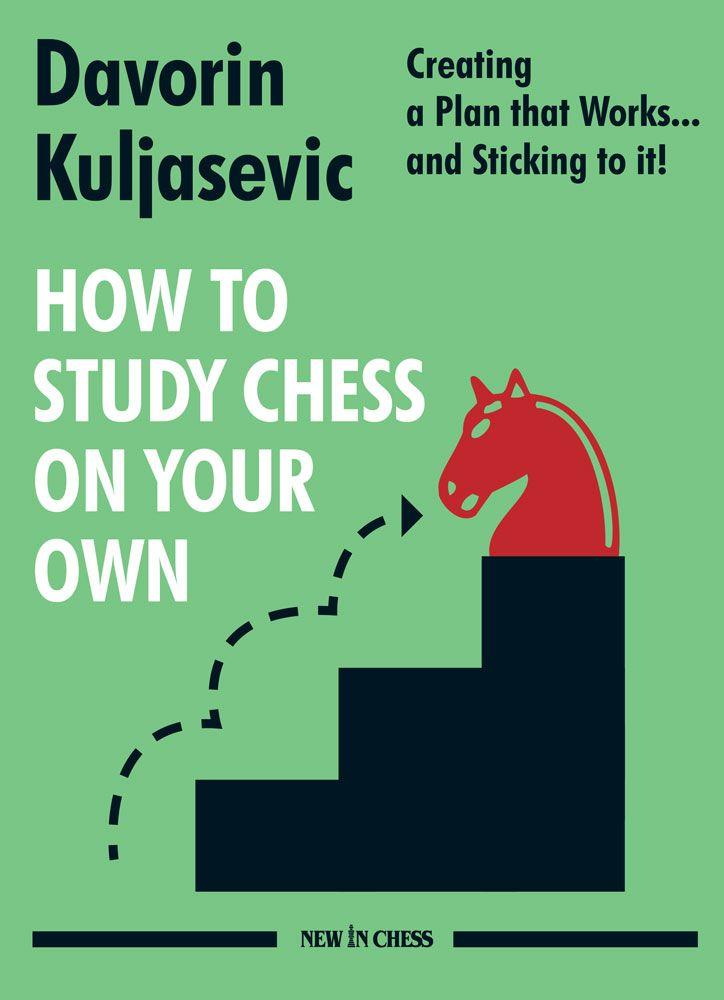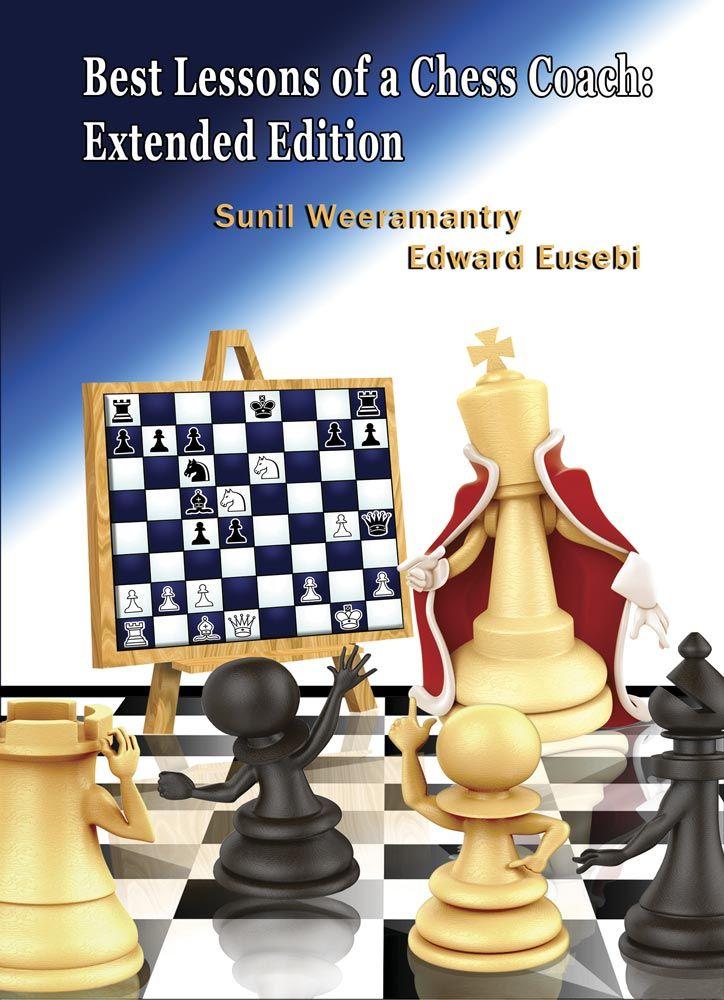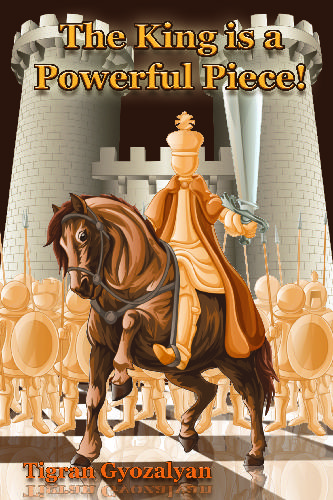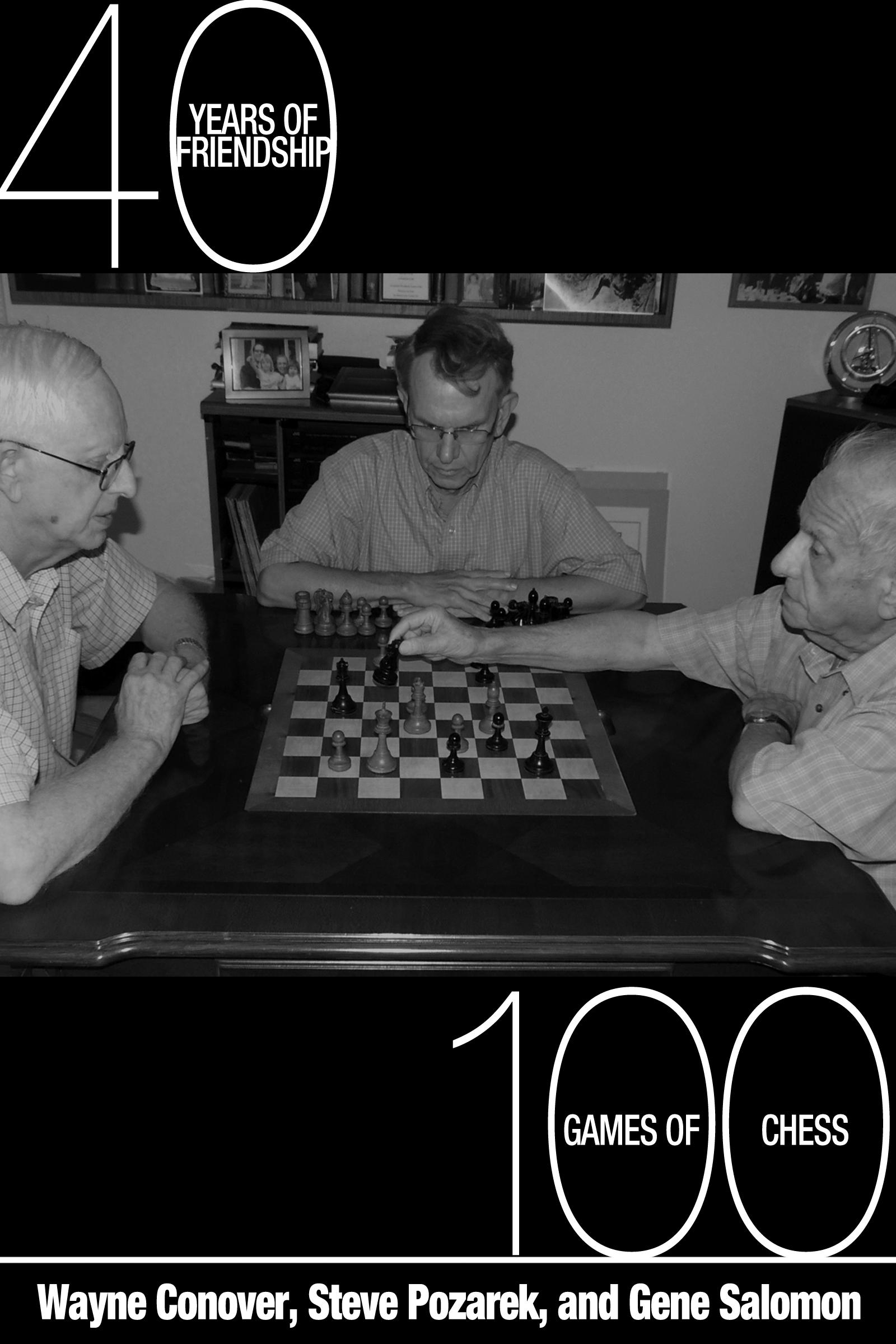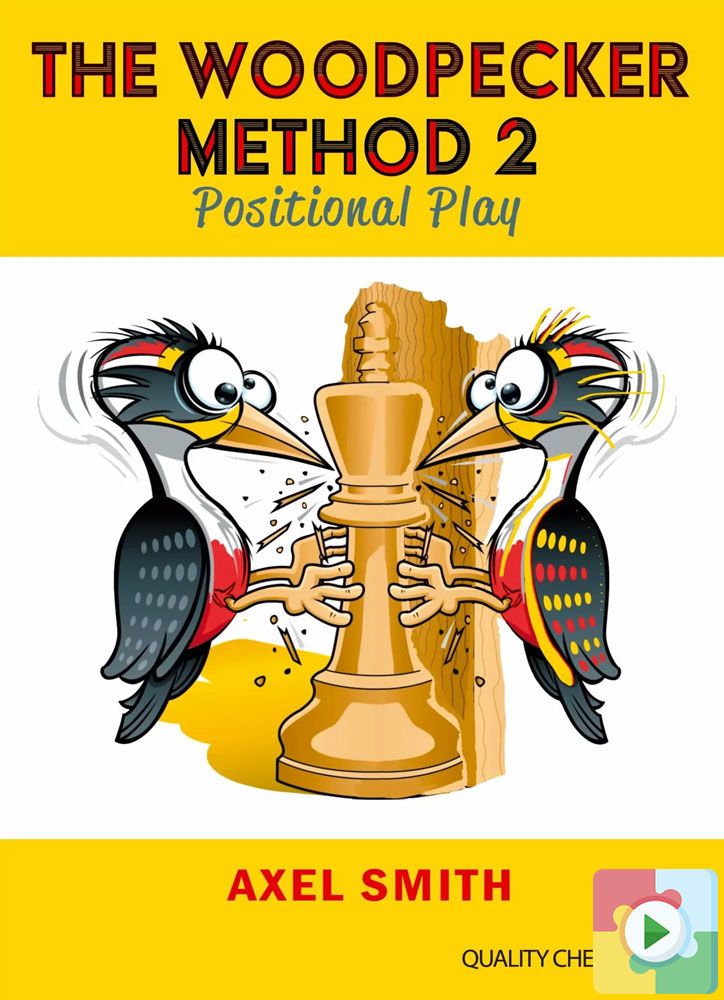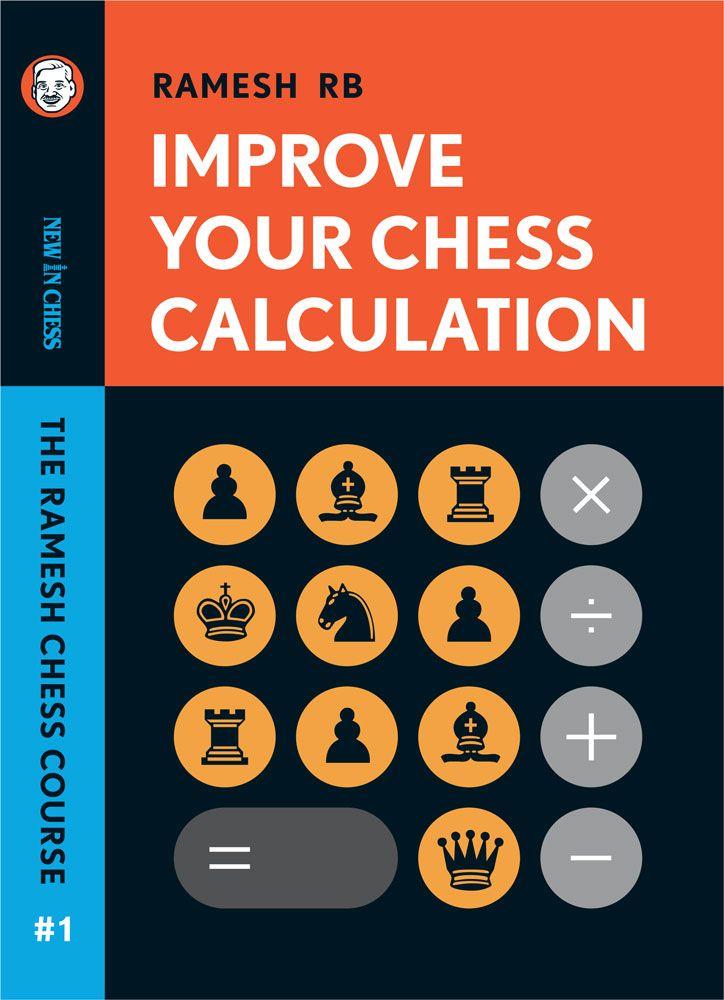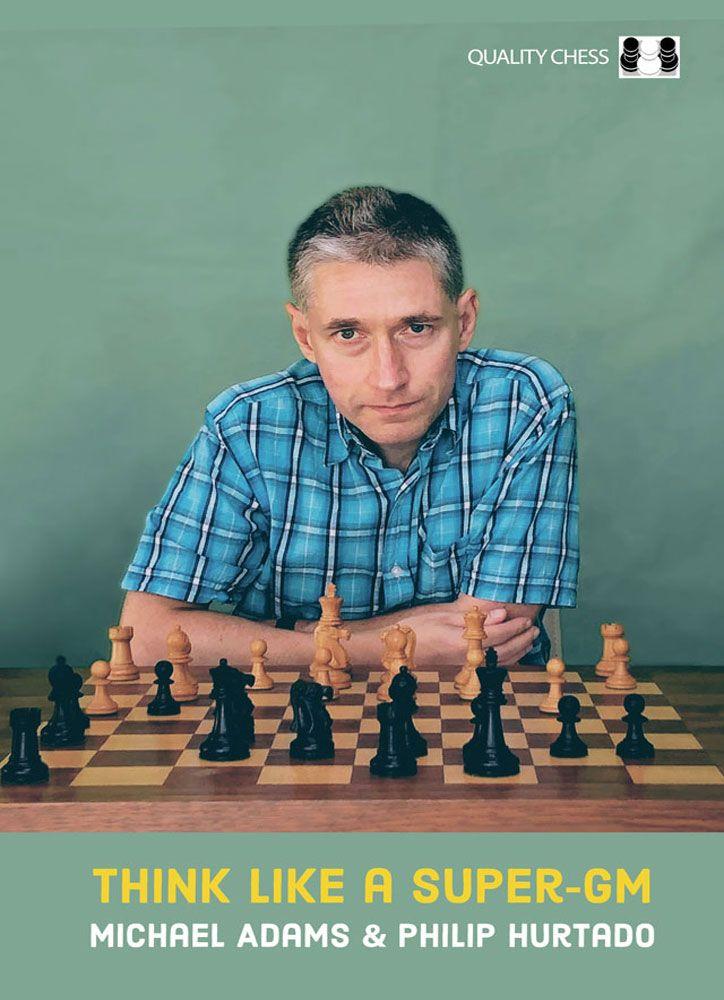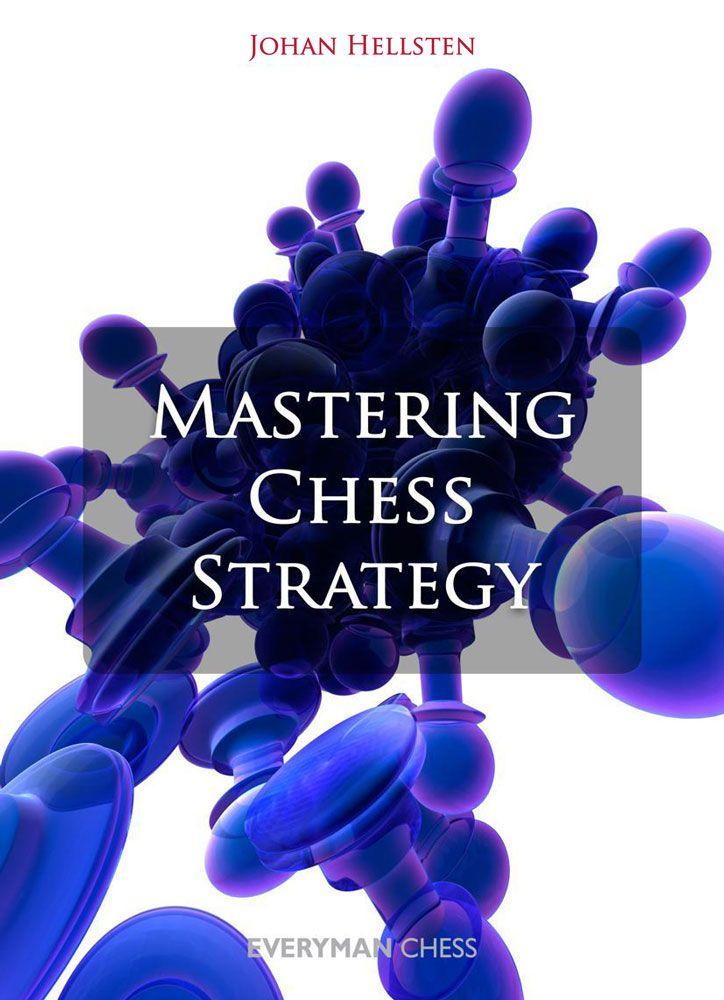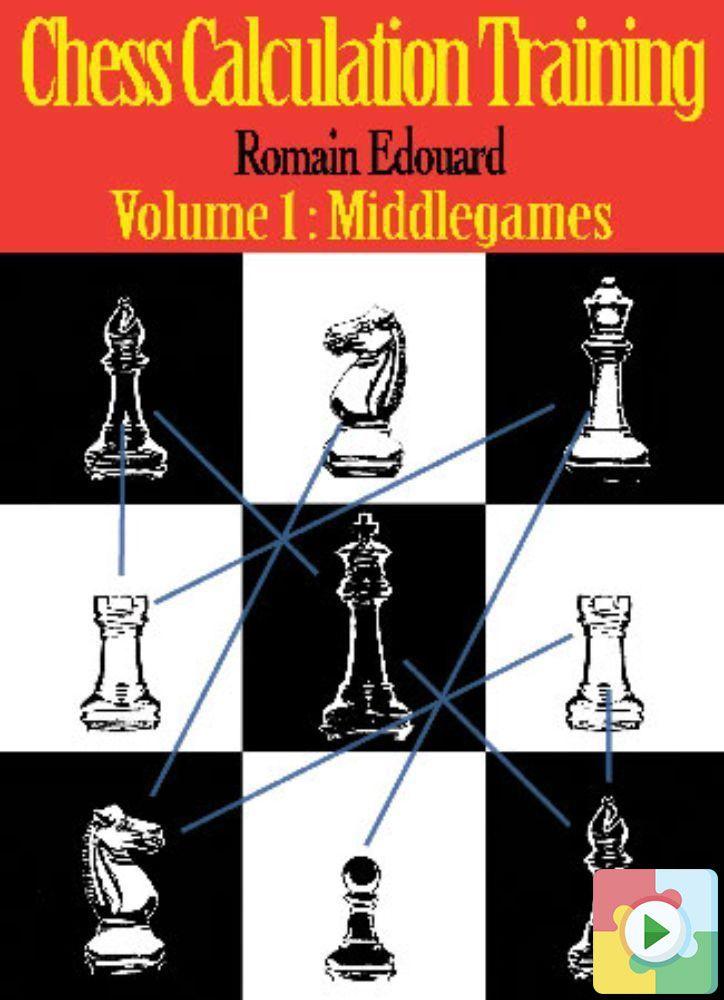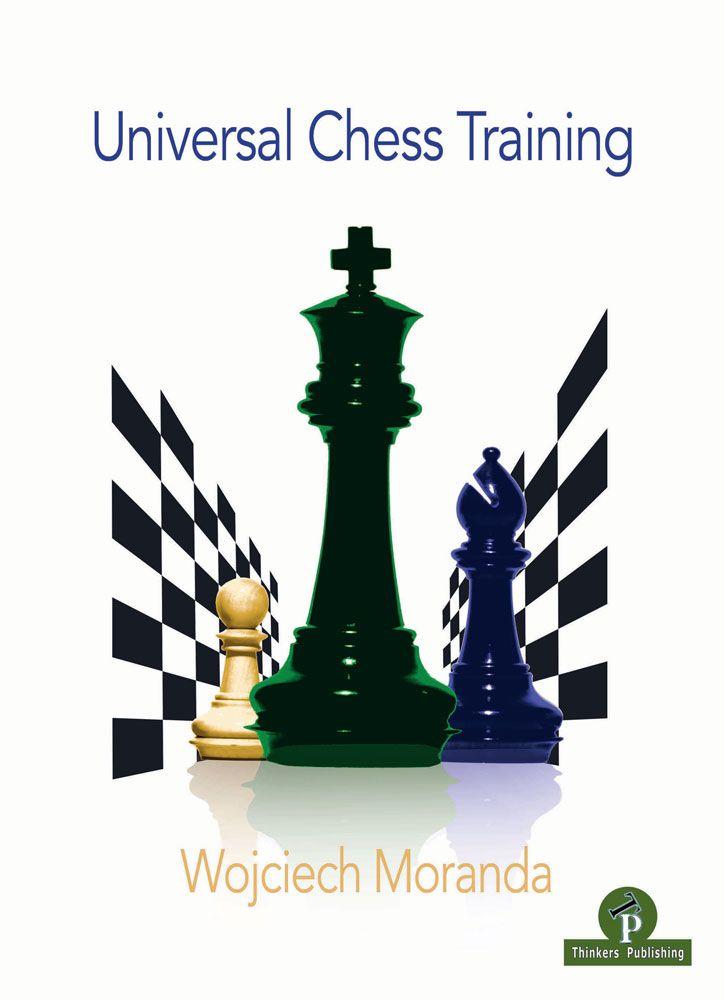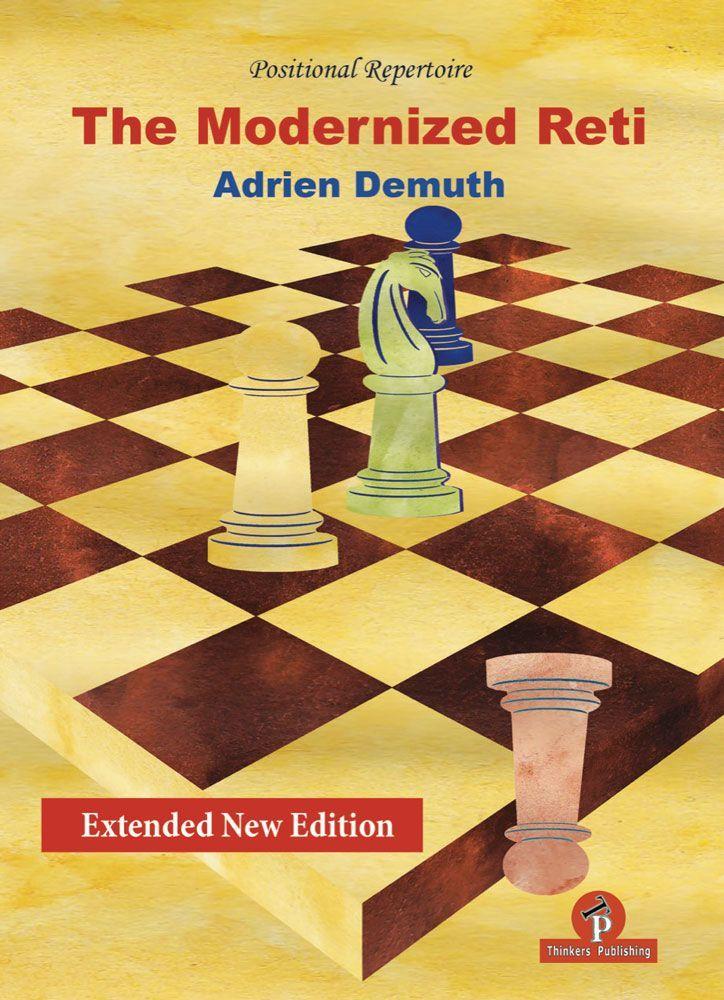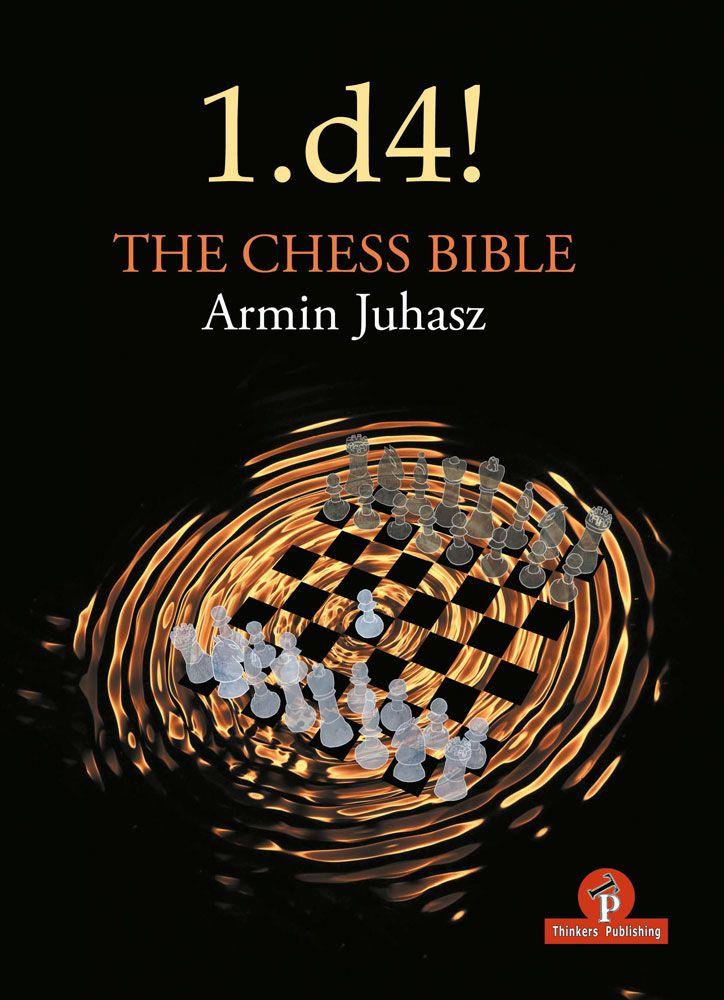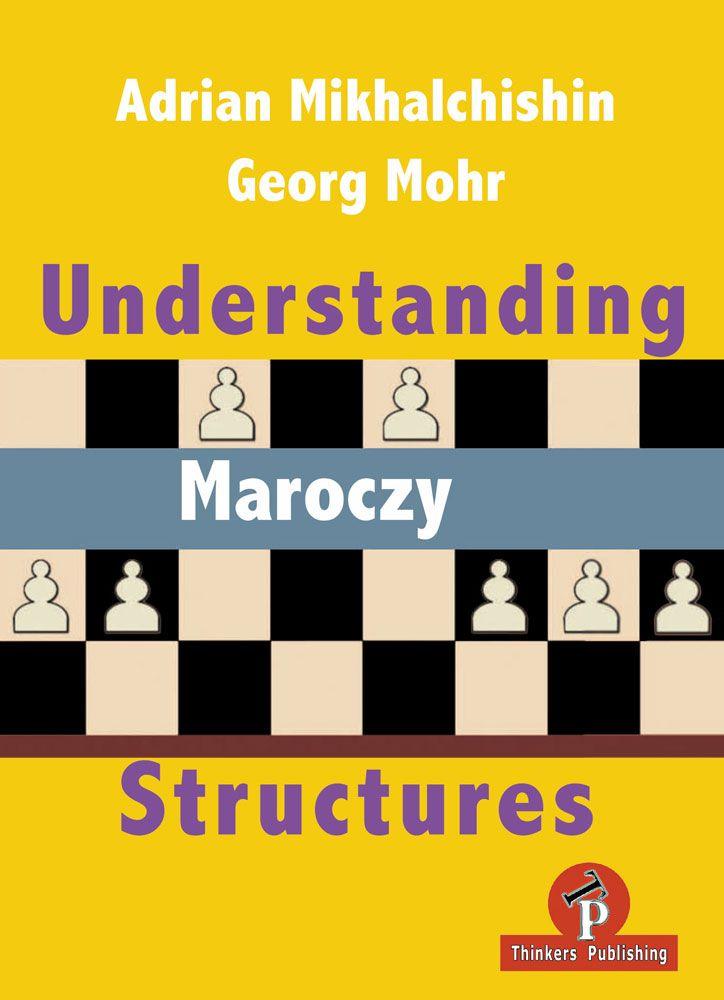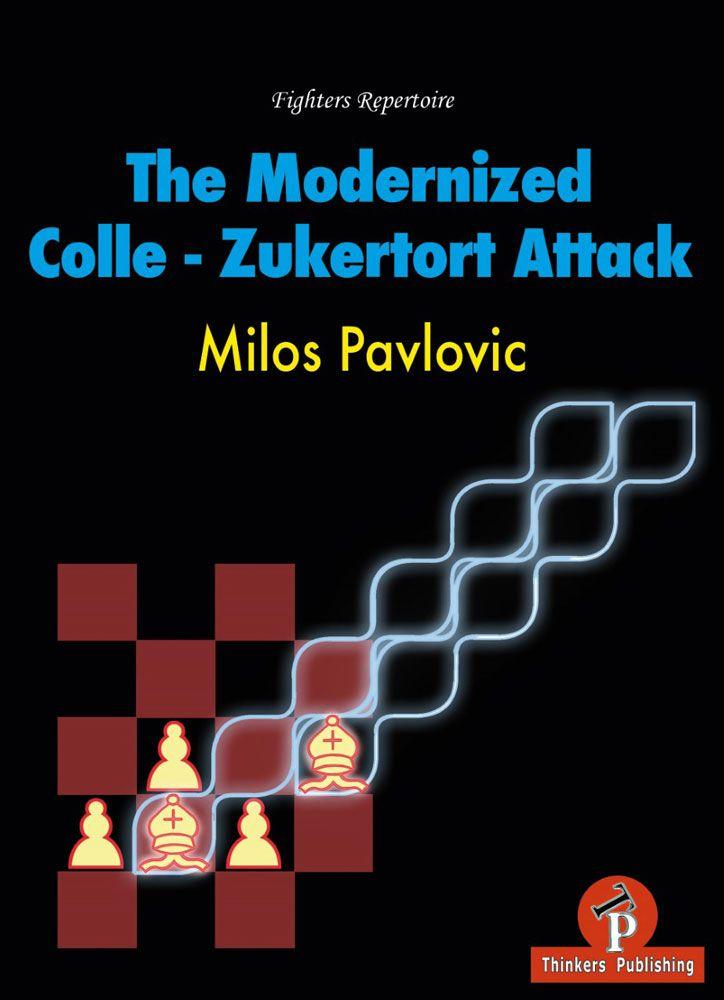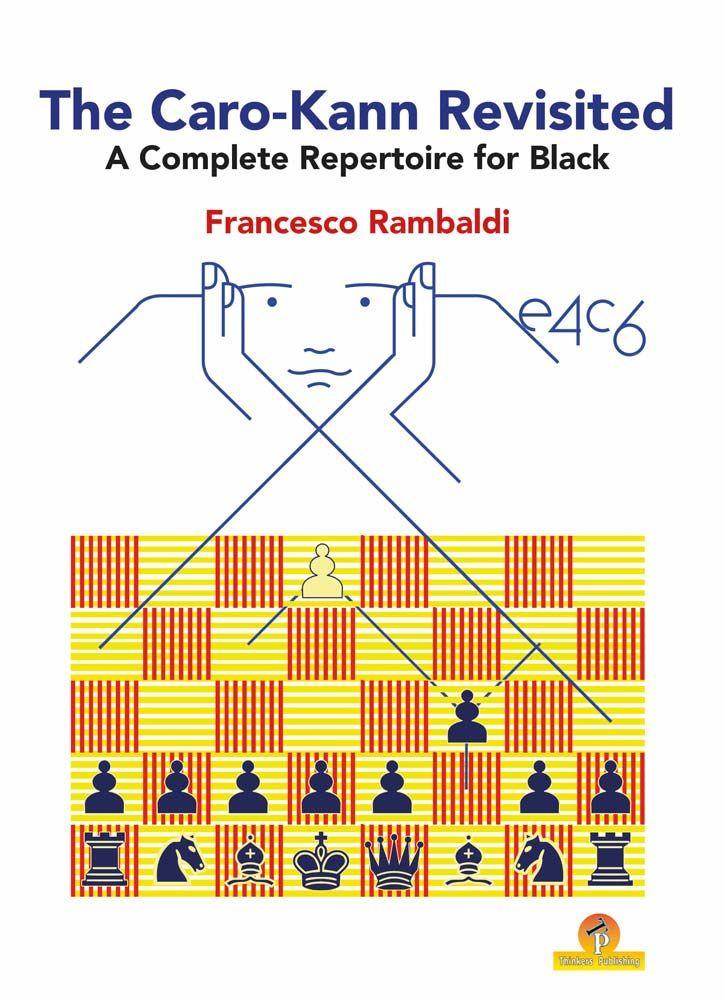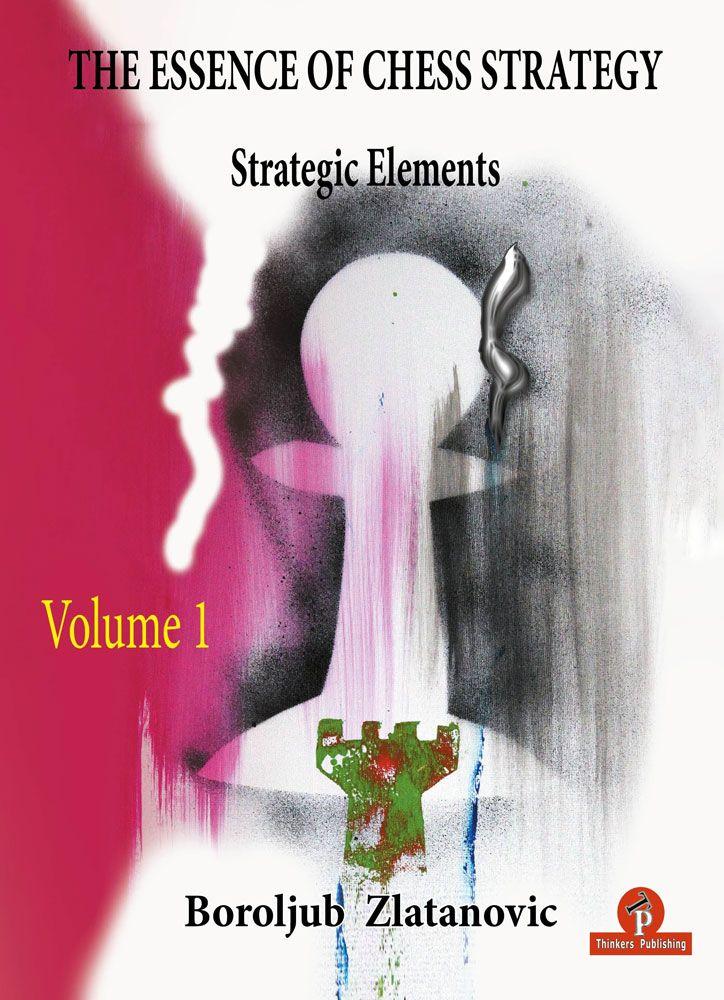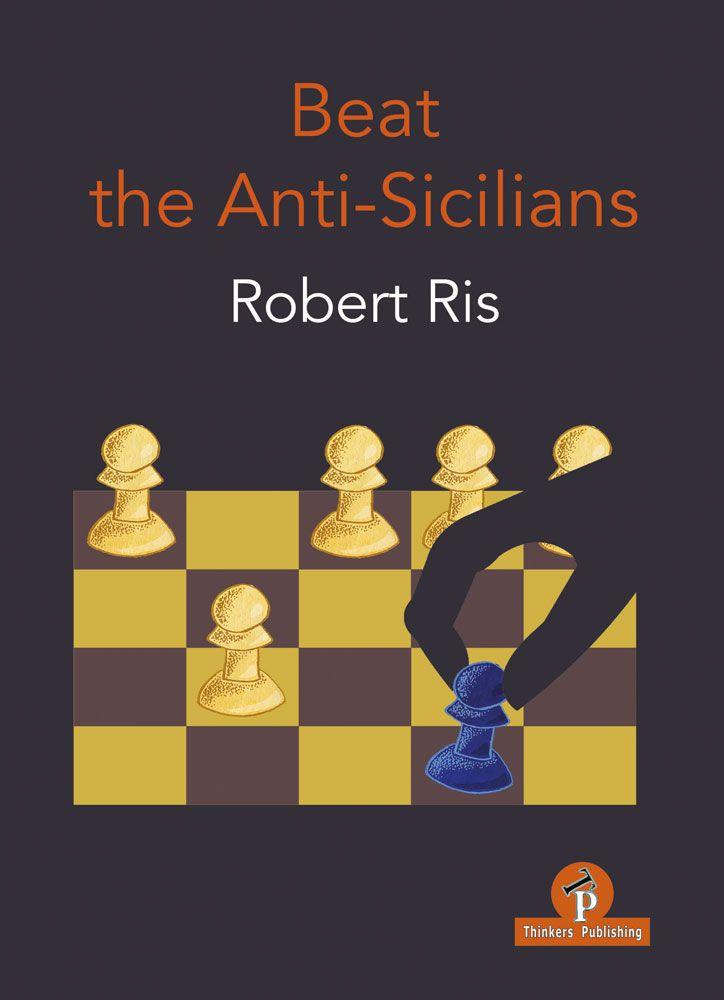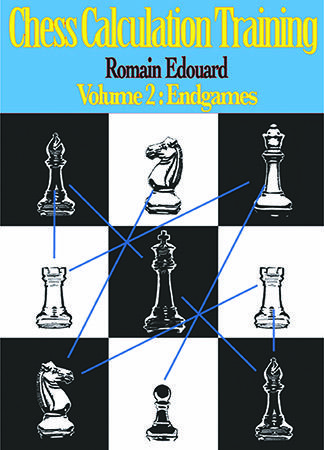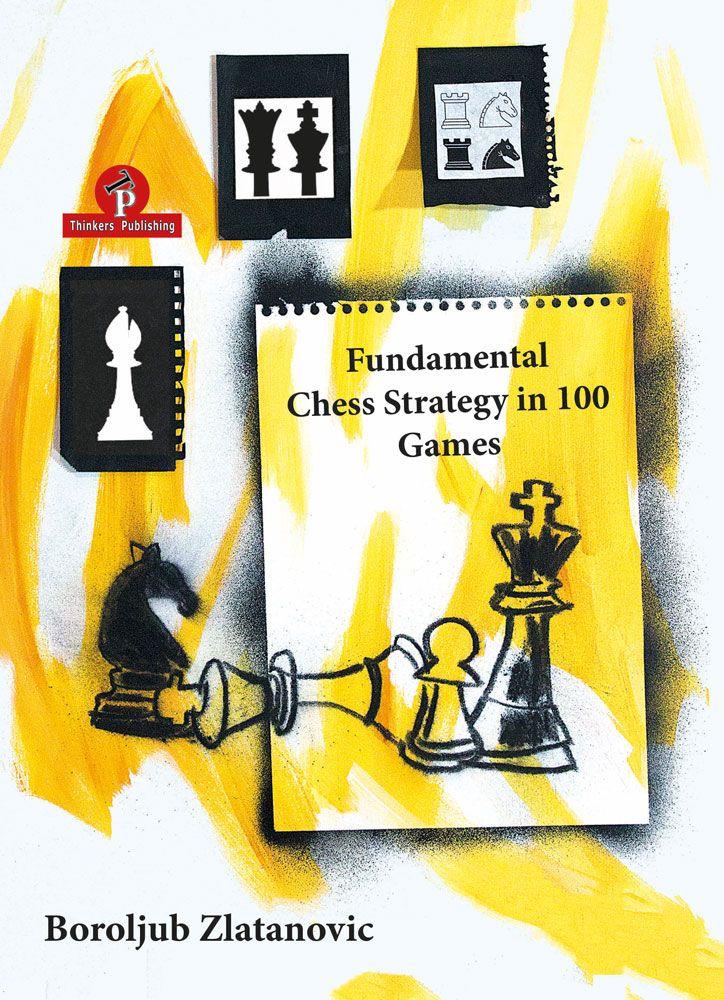
Fundamental Chess Strategy in 100 Games
This book will bring something new to your chess library. In our computer era, focus is usually on openings. Watching recent broadcasts, the new generation would rather choose games of a certain opening and look for an interesting idea or even a brilliant novelty. I offer, and recommend, a different concept altogether, based on the famous Soviet school of chess. The focus should be on understanding strategical concepts, principles and underlying logic. Fashionable opening lines will be forgotten (or re-evaluated) sooner or later, but understanding cannot be lost, and can be only upgraded. It is sad to see some players that are well equipped with opening lines, who are unable to realise a big positional advantage in an endgame. So, our advice is to concentrate on Strategy and Logic. This book is highly recommended for club players, advanced players and masters, although even higher rated players may also find it useful. There is no doubt that lower rated players will learn a lot about thinking processes and decision making, while some logical principles can be put to use by more advanced players too. The reader may ask: Why those games? The games presented in this book cannot be classified as the “best ever” (of course, such a classification is subjective). However, each game was chosen for its logic and instructive value. Of course, the author understands that readers’ opinion may differ. Either way, the games are useful for exploring many important points: How to evaluate a position and choose an appropriate plan? Where to attack? When to attack? When to exchange? How to realise an advantage?… Learning how to answer such important questions during your future games will improve your chess knowledge and technique considerably. Always try and introduce logic into your games – you will be delighted with the results! The author also chose some instructive games with the idea to illustrate some psychologically important moments in chess such as the counter-attack, zeitnot or realisation. The games are separated into chapters, each focusing on a topic. This should facilitate the reader’s navigation through the book.
